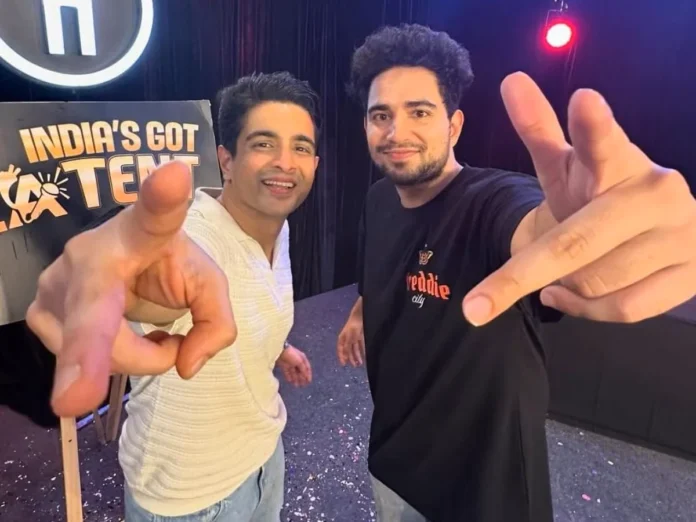Introduction
After the explosive India’s Got Latent controversy, the fallout continues to unfold. Stand-up comedian Samay Raina has deleted all videos related to the show, while YouTuber Ranveer Allahbadia has issued a public apology. Meanwhile, the legal and industry implications of the controversy remain ongoing.
The Backlash & Its Impact
The controversy erupted when Ranveer Allahbadia asked a contestant:
“Would you rather watch your parents have sex every day for the rest of your life or join in once and stop it forever?”
The remark led to widespread condemnation, an FIR filed against the participants, and the hashtag #CancelRanveerSamay trending across social media platforms. Many critics argue this is an example of declining ethical standards in online entertainment.
Samay Raina’s Continued Silence
In an apparent effort to distance himself from the controversy, Samay Raina has removed all India’s Got Latent videos from his YouTube channel. However, he has yet to issue a statement addressing the controversy. His continued North America Tour 2025 suggests that he may be trying to shift focus away from the incident.
Ranveer Allahbadia’s Public Apology
Ranveer Allahbadia addressed the controversy through an Instagram apology video, stating:
“My comment wasn’t just inappropriate; it wasn’t even funny. Comedy is not my forte. I am just here to say sorry.”
Despite his apology, sponsors have started reconsidering partnerships, with some brands already severing ties with the YouTuber.
Ayesha Khan Calls Out Priorities
Actress Ayesha Khan has criticized the authorities for focusing on superficial controversies rather than tackling pressing societal issues. Taking to Instagram, she stated:
“Problems we are facing: terrible roads, massive traffic jams, air pollution, general safety, dark comedy on a dark comedy platform.”
Her remarks have sparked debates about whether public outrage is often misplaced or selective.
Legal Ramifications & Industry Impact
Authorities have summoned Samay Raina and Ranveer Allahbadia for questioning, and legal experts suggest possible penalties under offensive content laws.
Meanwhile, this case is expected to have long-term implications for digital content regulation, as policymakers may introduce stricter content guidelines to prevent similar incidents.
Vir Das Weighs In: Comedy & Accountability
Comedian Vir Das added his perspective, highlighting the natural consequences of comedy:
“A good artist will take their feedback head down, mouth shut, and maybe evolve. Either way, the consequences of your comedy on your career and audience are pretty instant.”
Additionally, Das criticized mainstream media’s role in amplifying the controversy, suggesting that traditional media outlets were targeting digital platforms that attract larger audiences.
What’s Next After India’s Got Latent Controversy?
As the controversy evolves, key questions remain—will this lead to stricter content regulations for YouTube creators? Or will it fade into yet another fleeting internet scandal?
The incident also ignites conversations about cancel culture, artistic freedom, and moral responsibility in digital entertainment. While some advocate for better content regulations, others warn against over-censorship that could limit creativity.
One thing is certain—public opinion now holds immense power over the careers of digital creators.


